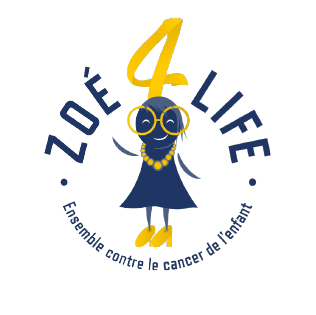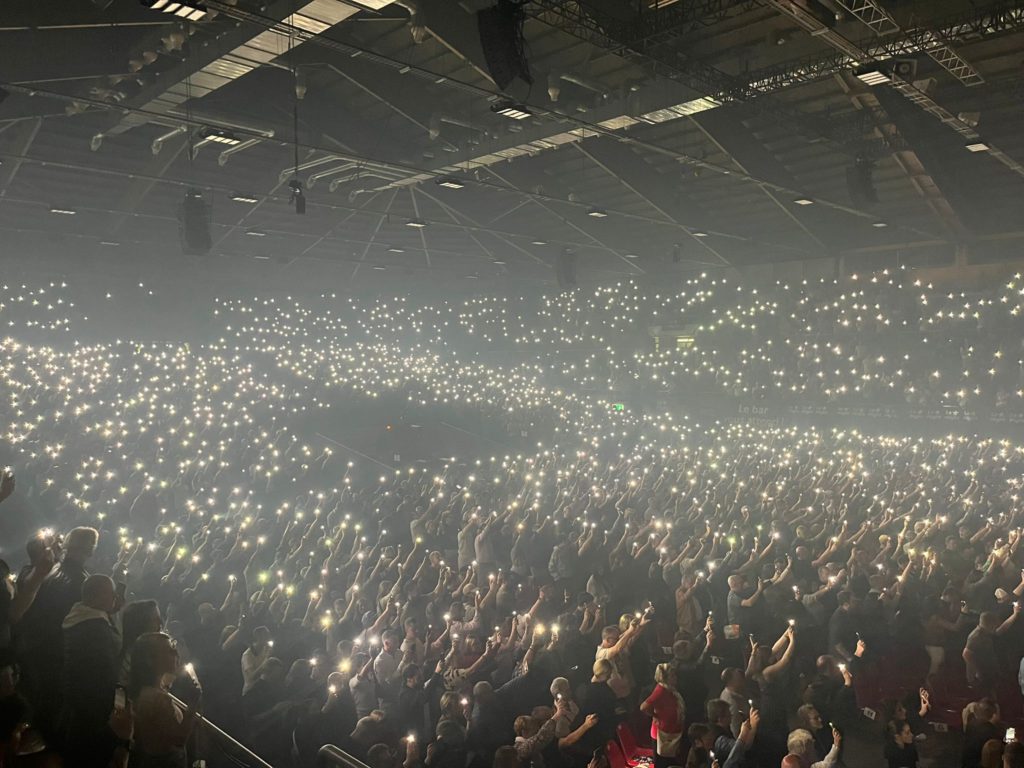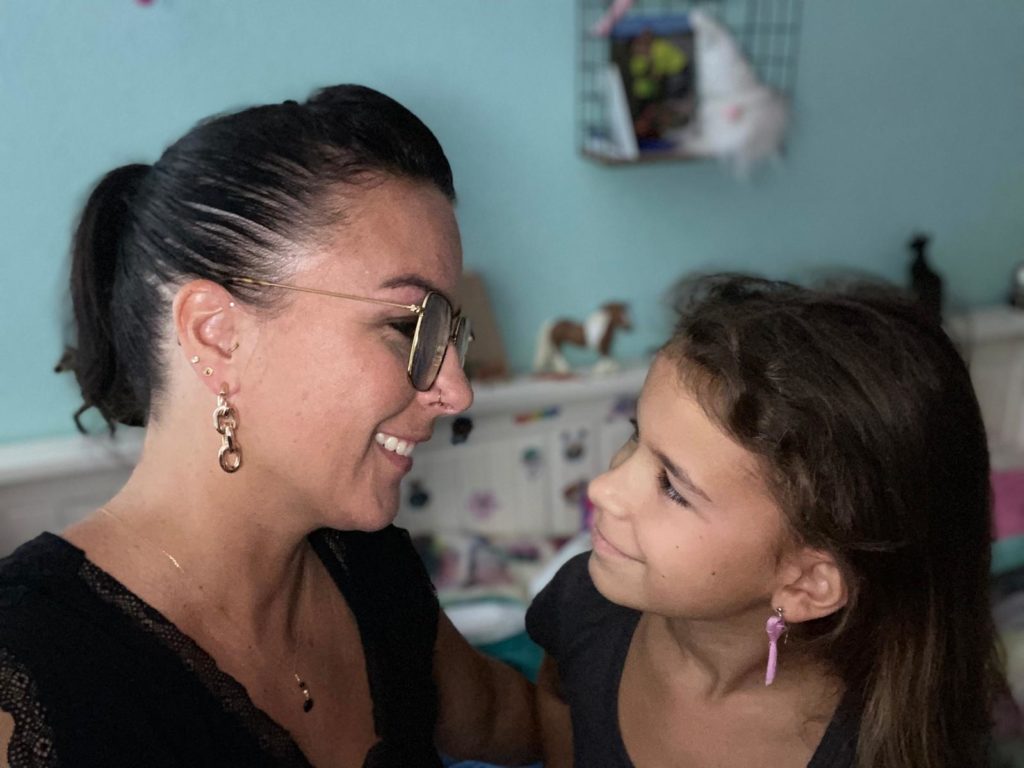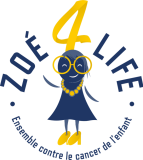Zoé4life announces TITAN project for children with high-risk neuroblastoma

An innovative transatlantic project for children with high-risk neuroblastoma.
For the first time, children with high-risk neuroblastoma in Europe and North America will be treated together on the same innovative protocol.
Zoé4life and 6 partner associations today announced their support of a $1.3 million pediatric oncology research project, to launch the first transatlantic study of its kind into the precise treatment of a rare childhood cancer.
This project is the result of an international partnership between Zoé4life, Band of Parents, Joining Against Cancer in Kids (J-A-C-K), Ronan Thompson Foundation, Solving Kids' Cancer UK, Solving Kids' Cancer (New York) and Wade's Army. The grant awarded to Institut Gustave Roussy in Paris and Children's Hospital of Philadelphia (CHOP) will also support a Phase 3 clinical trial developed by the European International Society of Pediatric Oncology -Neuroblastoma (SIOPEN) and the Children's Oncology Group (COG). This is a pioneering collaboration between these American and European pediatric cancer consortia, and will focus on neuroblastoma, a rare and deadly form of childhood cancer.
"International collaboration is vital to rapidly advancing the cure rate for children with rare cancers like neuroblastoma, but it's not without its challenges. We are extremely proud to be advancing innovation that offers real hope to children and families facing a neuroblastoma diagnosis. We are also very grateful to this pioneering team of researchers who have made this possible." Nicole Scobie, President Zoé4life

An innovative project
Neuroblastoma is the most frequently diagnosed pediatric cancer in young children, with around 90% of diagnoses before the age of five. In North America and Europe, around 1,500 children are diagnosed with high-risk neuroblastoma every year, requiring intense and grueling treatment. Less than half of these children survive more than five years after diagnosis, and those who do often suffer lifelong side effects, including hearing loss, learning disabilities and secondary cancers.
A pioneering collaboration
The study, known as TITAN - Transatlantic Integration Targeting ALK in Neuroblastoma - will see a targeted drug introduced into first-line treatment for these children, in the hope of dramatically increasing their survival rates. This landmark transatlantic trial is the first to bring together these pediatric consortia on both sides of the Atlantic to work together on a project.
In order to develop a more effective and less toxic treatment for neuroblastoma, this clinical trial developed within COG and SIOPEN will target mutations in the ALK oncogene, which are found in 14% or more of patients with newly diagnosed neuroblastoma or whose cancer has relapsed. Researchers have recently discovered a highly specific and potent ALK inhibitor, lorlatinib, a drug currently used to treat lung cancer, which is believed to hinder the cancer activity of ALK mutations, and has the potential to have a significant impact in neuroblastoma patients.
In parallel with Phase 3 clinical trials within COG in North America and SIOPEN in Europe, researchers hope to use lorlatinib to significantly improve survival in newly-diagnosed, high-risk neuroblastoma patients whose tumors have an activated ALK gene mutation. The collaboration, known as TITAN - Transatlantic Integration Targeting ALK in Neuroblastoma, will involve simultaneous evaluation of the addition of lorlatinib to the high-risk neuroblastoma treatment regimens of COG and SIOPEN, merging data with the aim of accelerating approval of lorlatinib if the drug is effective.








